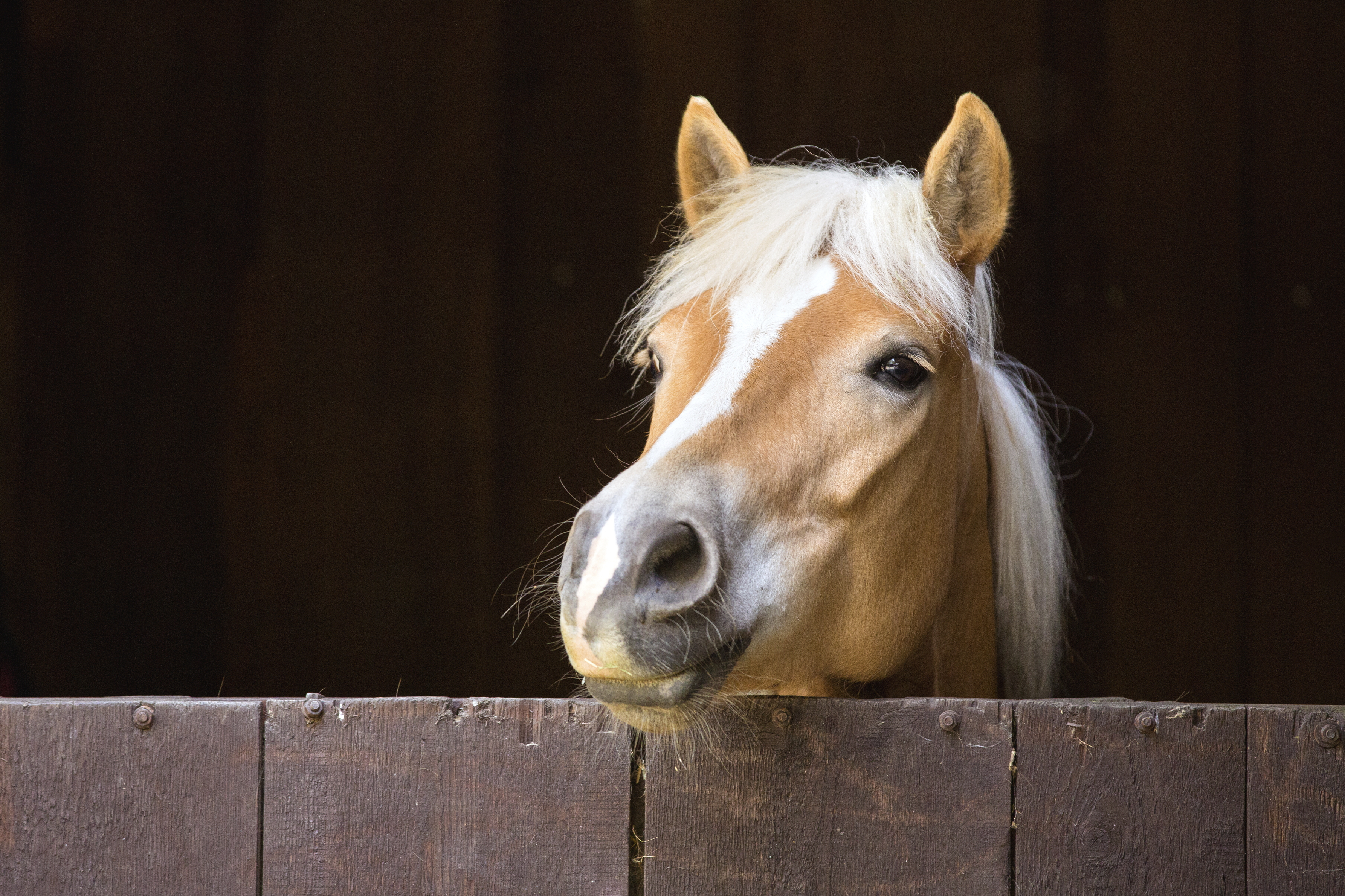
Squamous cell carcinoma is the second most common type of equine tumor and the most frequent tumor of the horse’s eye, according to a report on research led by Rebecca R. Bellone, PhD, from the University of California Davis School of Veterinary Medicine and the Veterinary Genetics Laboratory. SCC can lead to vision impairment and the loss of an eye and can spread into the orbital bone and the brain, potentially turning fatal.
Genetics seem to be a risk factor for the disease since several breeds, including Haflingers, tend to experience a higher occurrence. Dr. Bellone and her team, including UC Davis veterinary ophthalmologist Mary Lassaline, DVM, PhD, MA, DACVO, set out to investigate this genetic link. Their study included 67 Haflingers—43 identified as affected by SCC and the others unaffected.
The research team examined five-generation pedigrees for all 67 horses, looking for a common ancestor who would support the theory of a genetic link. They found one. Examining the relationship between affected and unaffected horses showed that the genetic link was most likely inherited as a recessive trait, says Dr. Bellone.
Researchers used this information to guide their next step: a genome-wide study where they investigated approximately 65,000 genetic markers. They found that risk for SCC was associated with markers on chromosome 12 and, specifically, a risk variant of gene DDB2, says Dr. Bellone.
DDB2 is a protein needed to repair UV damage to DNA. The team’s working hypothesis (currently being tested) is that the risk variant they identified “impairs the ability of this protein to recognize DNA that is damaged, thus the damage can’t be repaired and that leads to cancer,” says Dr. Bellone.
The researchers further determined that horses who are homozygous for the risk factor (they’ve inherited it from both sire and dam) are 5½ times more likely to develop SCC than those with one copy or no copies of the risk factor.
The Veterinary Genetics Laboratory used these findings to develop a genetic test for the SCC risk factor in Haflingers. (To learn more, visit https://www.vgl.ucdavis.edu/services/HaflingerSCC.php.)
While not all cases of SCC can be linked to genetics, this study shows they play a significant role, particularly in the Haflinger breed. This knowledge, along with the new genetic test, can help owners assess the risk their own horses face and help them make more informed breeding decisions.
The variant was also found in Belgian and Percheron horses, and the researchers are now working to determine if it’s a risk factor for these breeds, too.
Interestingly, a similar disease in humans has also been linked to DDB2. So insights from the equine study may lead to new information for human health as well.
This article was originally published in the October 2017 issue of Practical Horseman.









